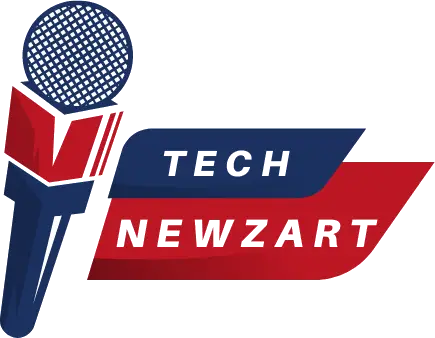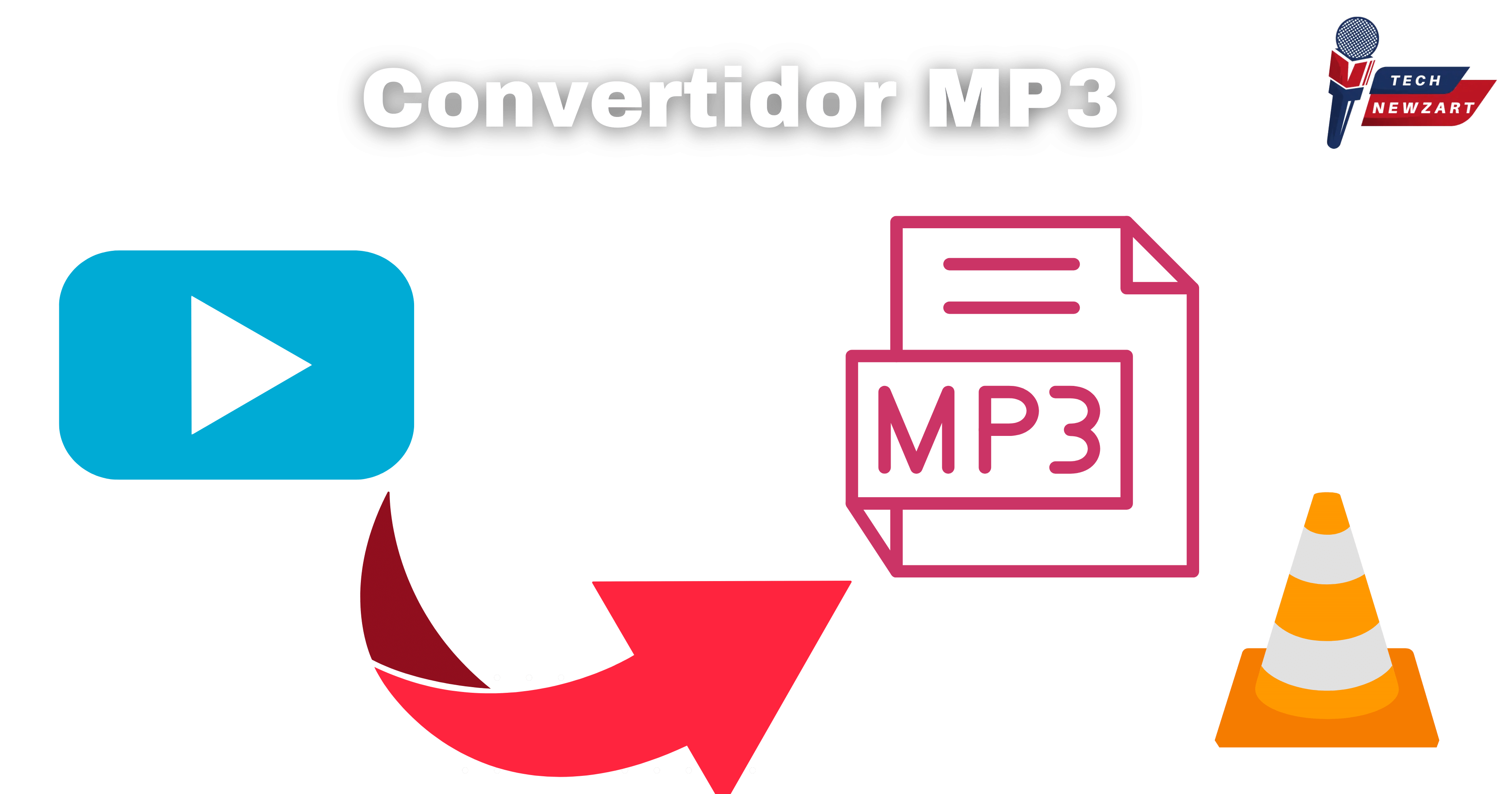Introduction
In the digital age, the need to transform audio files into one-of-a-kindas has become increasingly critical. Whether you’re a song fanatic, a podcast creator, or a person who desires to take note of audio documents on several gadgets, a reliable MP3 converter (MP3 converter) is critical.
This comprehensive manual will cover everything you want to know about MP3 converters, including their benefits, how to use them, and the best alternatives available in 2024.
What is a Convertidor MP3?
Understanding MP3 Format
MP3, or MPEG-1 Audio Layer Three, is a well-known virtual audio encoding layout. It uses lossy statistics compression, which means some of the audio data is discarded to reduce document length. This makes MP3 documents much smaller than other codecs like WAV or FLAC while nevertheless retaining an extraordinarily high sound quality.
What Does a Convertidor MP3 Do?
A convertidor MP3 is a device or software that transforms audio documents from one format to another, especially to MP3. These converters can manage numerous input codecs, including WAV, FLAC, AAC, OGG, and more, converting them into the universally familiar MP3 format.
Read More On: Cowordle
Why Use a Convertidor MP3?
Compatibility
MP3 documents are compatible with nearly all devices, such as smartphones, tablets, laptops, and portable song gamers. Converting your audio files to MP3 guarantees you may play them on any tool without compatibility issues.
File Size Reduction
Converting audio documents to MP3 notably reduces their size, saving garage space in your gadgets. This is especially useful for those with restrained garage ability.
Ease of Sharing
Smaller file sizes make it simpler to send audio documents via electronic mail, social media, or messaging apps. MP3 files also upload and download faster, making them more convenient for sharing.
Preservation of Quality
Despite being a compressed layout, MP3 documents maintain a decent stage of high-quality audio. Advanced MP3 converters can maintain the unique audio first-rate as much as feasible, ensuring an exciting listening experience.
How to Use a Convertidor MP3
Choosing the Right Converter
Selecting the right MP3 converter depends on your specific needs. Some factors to consider include:
- Input and Output Formats: Ensure the converter supports the formats you need.
- Ease of Use: Look for a user-friendly interface.
- Speed: Check if the converter can handle large files quickly.
- Quality: Ensure it preserves the audio quality.
Online vs. Offline Converters
Online Converters
Online MP3 converters are internet-primarily based equipment that assists you in uploading and converting audio files without delay out of your browser. They are convenient for brief conversions and don’t require installation. However, they might have limitations on file size and conversion speed.
Offline Converters
Offline MP3 converters are software programs installed on your device. They often offer more features and faster conversion speeds, making them ideal for frequent use and converting large files.
Step-by-Step Guide to Using an MP3 Converter
- Select Your Converter: Choose a web or offline MP3 converter that meets your wishes.
- Upload Your File: Import the audio report you need to transform. This may be executed by dragging and losing the report or using the report selection tool.
- Choose Output Format: Select MP3 as the output format.
- Adjust Settings: If available, adjust the quality settings, bit rate, and other preferences.
- Convert: Snap the believer button and trust that the cycle will finish.
- Download: After completing the conversion, download the MP3 record on your tool.
Top 5 MP3 Converters in 2024
When deciding on an MP3 converter, different factors, such as supported formats, ease of use, conversion velocity, and excellent maintenance, must be considered. Here are the top five MP3 converters in 2024, each with its capabilities, pros, and cons.
- Freemake Audio Converter
Features
- It supports over 50 audio codecs, including WAV, FLAC, AAC, and mormoreatch conversion, and is currently needed to manage multiple documents.
- Customizable quality settings to choose the desired bit rate and output quality.
- User-friendly interface suitable for beginners.
Pros
- Free to use with a wide range of supported formats.
- High-speed conversion process.
- Keeps a decent harmony between record size and sound quality.
Cons
- Includes ads that can be distracting.
- Some advanced features are locked behind a paywall in the free version.
- Audacity
Features
- Open-source and completely free.
- Comprehensive audio editing tools for more than just conversion.
- Supports a wide range of audio formats.
- High-quality output with options to customize bit rate and other settings.
Pros
- No ads or in-app purchases.
- Routinely refreshed with new elements and bug fixes.
- Extensive community support and tutorials are available online.
Cons
- The steeper learning curve, especially for beginners.
- Requires installation, which may need to be more convenient for quick conversions.
- Online Audio Converter
Features
- Web-based, no need for installation.
- Supports multiple enter codecs like WAV, FLAC, OGG, and more.
- Allows for adjustments in quality, bit rate, and other settings.
- Simple and intuitive user interface.
Pros
- Effectively available from any gadget with a web association.
- Fast conversion process for smaller files.
- User-friendly and suitable for quick and straightforward conversions.
Cons
- Limitations on file size, often capping at around 100MB.
- Dependent on a stable internet connection for smooth operation.
- Any Video Converter (AVC)
Features
- Converts both audio and video files, supporting over a hundred enter codecs.
- High-speed conversion with GPU acceleration.
- Built-in video downloader and editor.
- Customizable settings for output quality and format.
Pros
- Multifunctional tool for both audio and video needs.
- Regularly updated to support new formats and improvements.
- High-quality conversions with options to adjust bit rate and other parameters.
Cons
- Includes bundled software during installation, which can be annoying.
- The interface may be overwhelming for beginners because of the plethora of capabilities.
- MediaHuman Audio Converter
Features
- Basic and clean point of interaction for convenience.
- Supports batch conversion to process multiple files simultaneously.
- Maintains original audio quality with customizable output settings.
- It supports many formats, including MP3, AAC, WAV, and FLAC.
Pros
- Free to use without ads or bundled software.
- High-quality output with efficient conversion speeds.
- Suitable for both beginners and advanced users.
Cons
- Limited advanced features compared to more comprehensive tools.
- Slower conversion speed for very large files compared to some competitors.
Common Issues and Solutions with MP3 Converters
File Size Limitations
Some converters, especially online ones, have file size limitations. To overcome this, use an offline converter that supports larger files or compress the file before conversion.
Loss of Audio Quality
To minimize quality loss, choose a converter that allows you to adjust the bit rate and other quality settings. Opt for a higher bit rate to maintain better audio quality.
Slow Conversion Speeds
Conversion speed can be affected by the file size and your device’s performance. Ensure your device has sufficient resources and close other applications during conversion. For faster conversions, use an offline converter.
Compatibility Issues
If the converted MP3 file doesn’t play on your tool, ensure the report is not corrupted and your tool supports MP3 playback. Updating your media player or using an exceptional one might also solve the difficulty.
Advanced Tips for Using MP3 Converters
Batch Conversion
Batch conversion allows you to convert multiple files simultaneously, saving time and effort. Most offline converters and some advanced online tools support batch conversion.
Customizing Bit Rate and Quality
Adjusting the bit rate can help balance between file size and audio quality. A higher bit rate means better quality but a larger file size. A bit rate of 128 kbps to 192 kbps is sufficient for most purposes.
Editing Metadata
Some MP3 converters allow you to edit metadata, track name, artist, album, and style. This is useful for organizing your music library.
Using Presets
Presets are predefined settings that optimize the conversion process for different types of audio files. They save time and ensure consistent quality.
Conclusion
A convertidor MP3 is an integral device for every person handling audio documents. Whether you want to reduce file sizes, make certain compatibility, or maintain first-class audio, an MP3 converter lets you achieve your desires. By expertise in picking and using an MP3 converter, you may make the most out of your audio documents in 2024.

